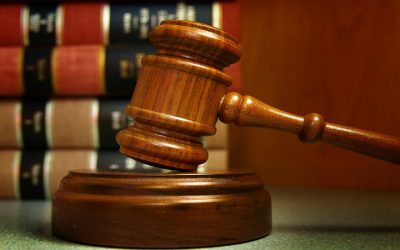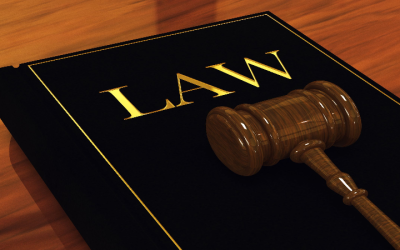Under law, there are actually four types of bankruptcy cases in American law. These are:
- Chapter 7
- Chapter 11
- Chapter 12
- Chapter 13
Of these types, a bankruptcy attorney in Washington DC is more likely to file either Chapter 7 or Chapter 13. Both are applicable to individuals and families. Both vary according to the issues of exemptions.
What is Chapter 7?
Chapter 7 is commonly called a liquidation or “straight” bankruptcy involving the selling off of personal property that is non-exempt in order to pay off the creditors. In order to qualify for this type of bankruptcy, the debtor must complete the prerequisite forms – specifically the Statement of Current Monthly Income and Means Test Calculation. This will provide information, that, when compared to the average state income of the past year for the creditor’s bracket, will decide whether he or she qualifies to file a Chapter 7 Bankruptcy. Among the requisite papers the debtor must file in Washington, DC are:
- Statement of the state of finances
- A schedule listing assets as well as liabilities
- A schedule indicating current income and expenditures
- A schedule outlining unexpired leases and executor contract
Furthermore, the debtor needs to supply the appointed case trustee copies of the various income tax returns. In particular, the trustee needs to see the most recent filings.
If the applicant succeeds in establishing the right to file this type of bankruptcy, he or she can then proceed to the next step. Under the guidance of an appointed trustee, various personal and non-exempt properties and assets will be sold to pay off the creditors. In the end, the debtor is debt-free. Further claims or contact cannot be made after
For help with these forms and to obtain some idea of eligibility, it is always best to consult a bankruptcy attorney. Washington DC can provide you with a respectable collection of reputable lawyers to help you during this process.
What is Chapter 13?
Chapter 13 is commonly called a “debt adjustment” bankruptcy. A debtor, in order to be eligible, must file a financial plan indicating the schedule he or she will employ to pay the debts (or a certain amount of the debts) owed back. This is to be based on current available income. While the debtor may retain most of his or her assets, he or she is required to continue to pay off the accumulated debts within the next 3 to 5 years.
Question of Exemptions
As is the case with both Chapters 7 and 13, certain exemptions are possible. In other words, the court and creditors cannot sell off this property in order to arrange for debt payment. Talk to a bankruptcy attorney. Washington DC law restricts the portion of a debtor’s property from finding its way into the hands of creditors or the trustee. This is particularly true for Chapter 7 where exemptions include:
- Real property – 100% under the Homestead Exemption unless you have not lived in Washington for a minimum of 40 months
- Vehicles – up to $2,575 of equity
- Other property- total aggregate value is $8,625
In Washington, DC, under Chapter 13, all of the debtor’s property and assets generally remain untouched. Exceptions may apply so contact a Bankruptcy attorney in Washington DC for clarification. In any circumstance, it is always better to be certain so talk to a lawyer before you even file a Chapter 7 or 13 Bankruptcy petition.






